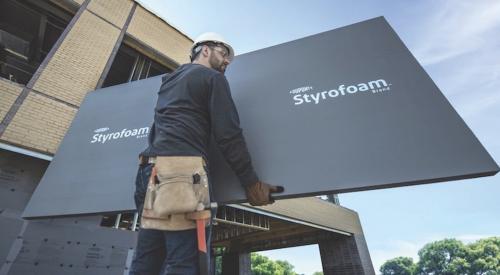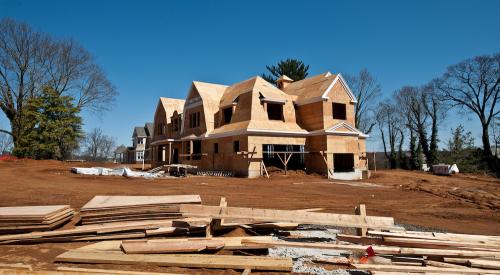According to the Department of Energy, strong energy codes could save homeowners, building owners, and tenants more than $126 billion on energy bills over the next 25 years. Also, Institute for Market Transformation (IMT) research indicates that bringing a year’s worth of new residential and commercial construction up to code could save $189 million in one year, which translates to a lifetime savings of up to $37.1 billion for five years’ worth of new buildings.
Considering what’s at stake, the city of Chula Vista, Calif., is taking a proactive approach by offering a “code coach” program for city staff. Once a week, an expert from the Sustainability Desk guides permit applicants to ensure that they comply with California’s Title 24 energy efficiency and green building code. The city also hosts workshops for city staff, architects, developers, and contractors on topics such as zero net energy building strategies, energy codes, permitting, and clean-energy incentives.
As a result of these efforts, Chula Vista was named the Local Jurisdiction Winner in the 2016 Standard Bearers Awards for Excellence in Energy Code Compliance, as announced by the IMT and the International Code Council. The program, now in its fifth year, recognizes states, cities, and individuals that raise compliance with building energy codes and improve the efficiency of buildings and homes using cost-effective, innovative strategies.
At the state level, the Alabama Department of Economic and Community Affairs, Energy Division (ADECA) was named the State Jurisdiction Winner. ADECA adopted its first two statewide residential energy codes and trained more than 1,400 construction industry professionals on code compliance. The group also held an energy code field study and dedicated funding to energy-code education.
Darren Meyers, an engineer in Tinley Park, Ill., won the Energy Code Leader award. He is a founder of BuildRight Illinois, a nonprofit energy-efficiency education and training organization, and is the current president of International Energy Conservation Consultants, an energy codes and simulation services group. Meyers also lectures on building-energy systems and acts as a consulting engineer for the Illinois Energy & Recycling Office at the Department of Commerce and Economic Opportunity, where he works on energy code compliance, field implementation, and technical interpretations. He performs load calculations and analysis of HERS compliance programs.
The Standard Bearers Award winners were chosen by a panel of past award winners and code and energy-efficiency experts. “This year, code development, adoption, and implementation are especially important as stakeholders prepare to vote on proposed changes to the 2018 International Energy Conservation Code (IECC),” IMT executive director Cliff Majersik said in a statement. “Making our codes progressively smarter and stronger, working to have these codes widely adopted, and increasing compliance in the field is one of the best ways to cut building energy use and tap into the many associated rewards.”
The Department of Energy’s proposals for the 2018 IECC include redefining “high-efficacy” lighting, correcting ambiguity in ventilation energy performance, improving mechanical ventilation provisions, and changing the designation of envelope air leakage requirements from mandatory to prescriptive.












